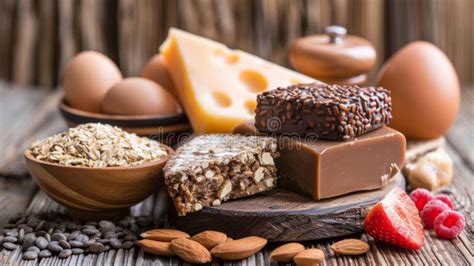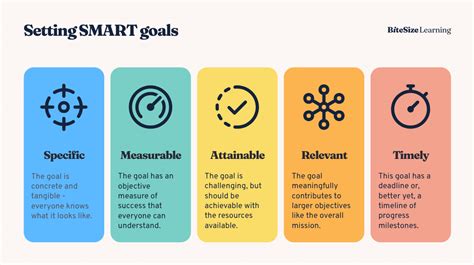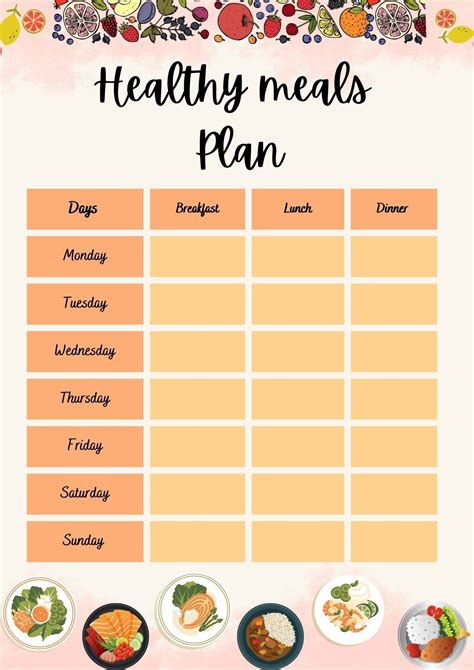Best daily nutrition for consistent energy and focus without crashes?

Fueling Your Day: The Science of Sustained Energy and Focus
Many of us experience the frustrating cycle of energy spikes followed by debilitating crashes, often accompanied by a loss of mental clarity. This roller-coaster ride can significantly impact productivity, mood, and overall well-being. The good news is that with thoughtful daily nutrition, it’s entirely possible to achieve consistent energy and sharp focus without those unwelcome slumps. The secret lies in understanding how different foods affect your body and blood sugar levels.

The Foundation: Balanced Macronutrients
Your body needs a steady supply of energy, and that comes from a balanced intake of macronutrients: complex carbohydrates, lean proteins, and healthy fats.
Complex Carbohydrates for Sustained Energy
- What they do: Unlike simple sugars, complex carbohydrates are digested slowly, providing a gradual and steady release of glucose into your bloodstream. This prevents rapid spikes and subsequent crashes.
- Best sources: Whole grains (oats, brown rice, quinoa, whole-wheat bread), legumes (lentils, beans), starchy vegetables (sweet potatoes, squash), and fruits with their natural fiber.
Lean Proteins for Stability and Satiety
- What they do: Protein helps slow down the absorption of carbohydrates, further stabilizing blood sugar levels. It also provides amino acids essential for neurotransmitter production, which impacts focus and mood. Plus, protein keeps you feeling full and satisfied, preventing unnecessary snacking on quick-fix foods.
- Best sources: Chicken breast, fish (salmon, tuna), eggs, lean beef, Greek yogurt, cottage cheese, tofu, tempeh, and plant-based protein powders.
Healthy Fats for Brain Health and Long-Term Fuel
- What they do: Healthy fats are a concentrated source of energy and are crucial for brain function, cell membrane integrity, and hormone production. They also contribute to satiety and slow down digestion, contributing to sustained energy.
- Best sources: Avocados, nuts (almonds, walnuts, cashews), seeds (chia, flax, pumpkin), olive oil, and fatty fish.

The Crucial Role of Micronutrients and Hydration
While macronutrients provide the bulk of your energy, micronutrients (vitamins and minerals) are the catalysts that allow your body to convert food into energy efficiently. Hydration, often overlooked, is equally vital.
Vitamins and Minerals: The Energy Spark Plugs
- B Vitamins: Essential for converting food into energy. Found in whole grains, leafy greens, meat, and eggs.
- Iron: Crucial for oxygen transport. Deficiency leads to fatigue. Found in red meat, lentils, spinach.
- Magnesium: Involved in over 300 biochemical reactions, including energy production. Found in nuts, seeds, leafy greens, dark chocolate.
- Omega-3 Fatty Acids: Though a fat, these are vital micronutrients for brain health, reducing inflammation, and improving cognitive function. Found in fatty fish, flaxseeds, chia seeds.
The Power of Hydration
Even mild dehydration can lead to fatigue, reduced concentration, and headaches. Water is essential for every bodily function, including nutrient transport and energy production.
- Recommendation: Aim for at least 8 glasses of water daily, more if you’re active or in a hot climate. Herbal teas and water-rich fruits and vegetables also contribute.

Strategic Eating: Timing and Portions
It’s not just what you eat, but when and how much. Strategic meal timing and mindful portion control can significantly impact your energy and focus.
Regular Meals and Snacks
Eating small, balanced meals and snacks every 3-4 hours helps maintain a steady blood sugar level and prevents dramatic drops that lead to fatigue and hunger pangs. Skipping meals often results in overeating later and choosing less nutritious options.
Mindful Portions
Even healthy foods can lead to sluggishness if consumed in excess. Listen to your body’s hunger and fullness cues. A balanced plate typically consists of half non-starchy vegetables, a quarter lean protein, and a quarter complex carbohydrates.

Foods to Limit or Avoid for Stable Energy
Some foods actively work against your goal of consistent energy and focus.
Sugary Drinks and Refined Carbohydrates
These cause rapid spikes in blood sugar, followed by an inevitable crash. Think sodas, candies, pastries, white bread, and highly processed snacks. They offer a quick, fleeting burst of energy but leave you feeling more drained than before.
Excessive Caffeine
While a morning cup of coffee can provide a useful boost, relying on excessive caffeine throughout the day can disrupt sleep patterns and lead to a dependency where energy levels plummet without it. If you consume caffeine, do so in moderation and avoid it several hours before bedtime.

Putting It All Together: A Sample Day
Here’s an example of how you can structure your daily nutrition for optimal energy and focus:
- Breakfast: Oatmeal with berries, nuts, and a scoop of protein powder; or scrambled eggs with whole-wheat toast and avocado.
- Mid-morning Snack: Apple slices with almond butter; or Greek yogurt with a sprinkle of chia seeds.
- Lunch: Large salad with grilled chicken or chickpeas, diverse vegetables, and an olive oil vinaigrette; or lentil soup with a whole-grain roll.
- Mid-afternoon Snack: A handful of walnuts and a piece of fruit; or vegetable sticks with hummus.
- Dinner: Baked salmon with quinoa and steamed broccoli; or a lean turkey stir-fry with plenty of vegetables and brown rice.

Conclusion
Achieving consistent energy and sharp focus without crashes isn’t about restrictive diets or exotic superfoods; it’s about making smart, balanced nutritional choices consistently. By prioritizing complex carbohydrates, lean proteins, healthy fats, a variety of micronutrients, and ample hydration, you can empower your body and mind to perform at their best all day, every day. Start small, make gradual changes, and listen to your body – it will thank you with sustained vitality and mental clarity.








